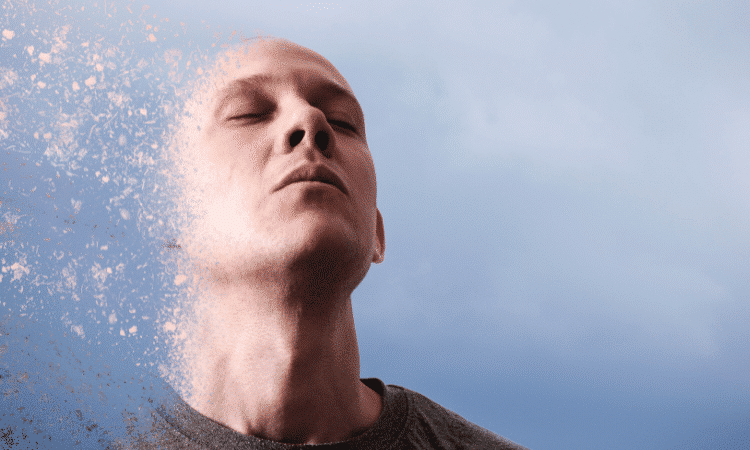History of Psychedelic Integration Therapy
Psychedelic integration therapy is a form of mental health treatment that is different from mainstream psychotherapy. It was developed as a result of psychedelic therapy. The history of psychedelic therapy dates back to around the 1950s. At that time, researchers believed psychedelic drugs had the ability to treat certain mental health conditions. They called it […]


